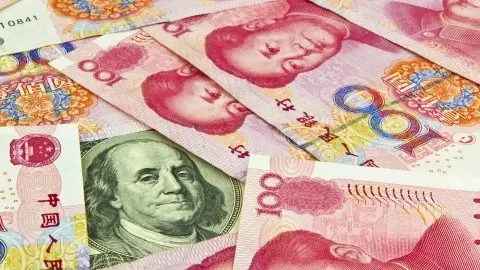Time is running out for Trump to cut a trade deal
The latest escalation of the trade war is no surprise, but President Trump should hurry up to secure a trade deal before his battle for re-election really takes off
On Friday, markets responded once again with surprise to a further escalation in the trade war. Actually, there was little reason to be so dumbfounded. Last October, after the US imposed a 10% tariff on US$ 200 billion of imports from China, we forecast that the Sino-American trade war would escalate along the lines that we have seen since. That's because we simply judged US demands to be too ambitious for China to accept. And also because we expected President Trump to respond in the manner to which we've become accustomed: ramping up the pressure in an attempt to strongarm his opponent into accepting his demands.
Trump will have to lower his demands to be able to get a deal done with the Chinese soon
Since last October, there have been few signs that China would concede enough for Trump and the China hawks such as economic advisor, Peter Navarro and US Trade Representative, Robert Lighthizer, to be satisfied. In the run-up to the summit between Trump and China's President Xi at the start of May, the US administration thought that a deal was very close. The Chinese government was much more cautious in its communications about the possibility of such a deal. This should have been a sign to the US that accepting far-reaching demands, such as giving up its autonomy over its own economic policy and accepting that the US would be entitled to decide for how long tariffs would stay in place, is asking too much from China.
So the big question is how the trade war will develop from here? Economically, Trump is right when he says that China needs a deal more than the US. China’s direct and indirect exports to the US contribute more than four times as much to Chinese GDP as US exports contribute to the American economy. But the President needs a deal, too. If he does not succeed in cutting deals with China and other trading partners with whom the US runs a trade deficit, it will be hard for him to claim during his campaign for re-election that he is succeeding in improving the terms of trade for the US. Voters will not like this, mainly because they will increasingly pay the price for the trade war now that the tariff hikes are about to hit prices of imported consumer goods.
Trump has said several times that the trade war will not take long and that the US is winning. However, given the tougher stance of China since the failure to cut a deal at the Trump Xi meeting in May, Trump will have to lower his demands in order to get a deal done with the Chinese anytime soon.
This publication has been prepared by ING solely for information purposes irrespective of a particular user's means, financial situation or investment objectives. The information does not constitute investment recommendation, and nor is it investment, legal or tax advice or an offer or solicitation to purchase or sell any financial instrument. Read more
Download
Download snap
24 August 2019
What’s happening in Australia and around the world? This bundle contains 11 Articles